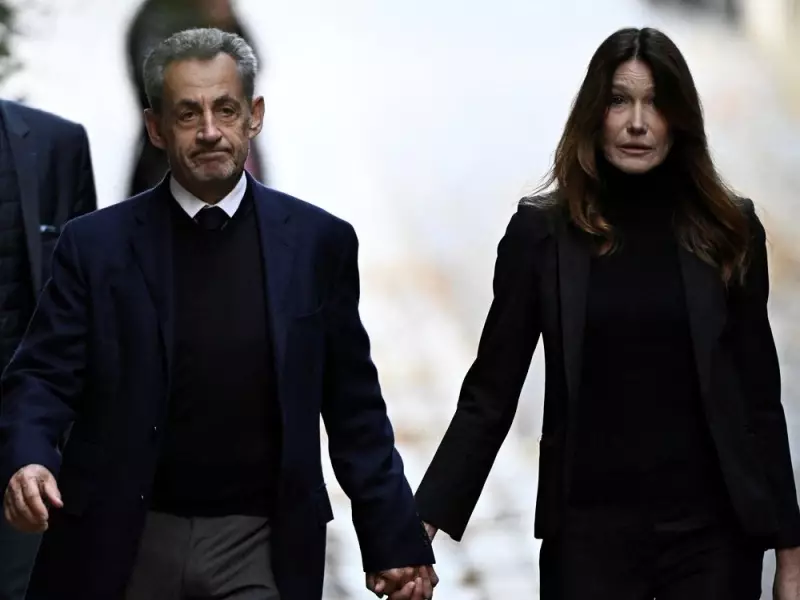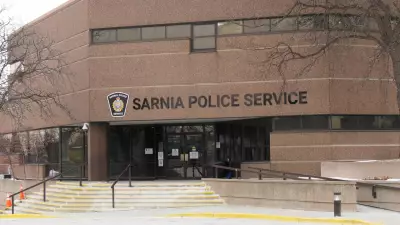
A French appeals court is poised to deliver a crucial verdict on Monday that could see former president Nicolas Sarkozy released from jail, where he has been incarcerated since October 21, 2025. The 70-year-old conservative leader, who served as France's head of state from 2007 to 2012, is seeking release pending his appeal trial over allegations he sought illegal campaign funding from late Libyan dictator Moamer Kadhafi.
The Legal Battle Intensifies
The Paris Appeals Court began examining Sarkozy's release request at 8:30 GMT, with the former president participating via video call from his prison cell. Legal experts anticipate a decision could come within hours of the hearing's commencement. If the court approves his request, Sarkozy could walk free immediately, marking a dramatic turn in what has become one of France's most significant political scandals.
On September 25, a lower court found Sarkozy guilty of criminal conspiracy for seeking funding from Kadhafi's regime for his successful 2007 presidential campaign. The court handed down a five-year prison sentence and ordered immediate incarceration despite the expected appeal, citing the "exceptional gravity" of the conviction. This made Sarkozy the first former head of state in the European Union to be imprisoned.
Life Behind Bars and Legal Arguments
Since entering La Sante Prison on October 21, Sarkozy has been held in solitary confinement for his safety, though two bodyguards occupy a neighbouring cell. The interior minister defended this unusual arrangement, citing Sarkozy's "status" and "the threats against him," though prison wardens have expressed outrage, calling it an insult to their profession.
The legal landscape has shifted significantly since Sarkozy began his appeal process. Under French law, the appeals case means Sarkozy is now presumed innocent again, and the court must evaluate whether continued detention serves any legitimate purpose. The court can only justify keeping him behind bars if no alternative measures can safeguard evidence, prevent witness tampering, stop him from escaping or reoffending, or protect him from harm.
His legal team argues that less restrictive measures, such as house arrest with electronic monitoring, would satisfy these concerns while allowing their client to prepare his defense outside prison walls.
Political Fallout and Public Reaction
The case has generated intense public interest and political controversy. Sarkozy's social media accounts recently showcased piles of letters, postcards, and packages sent by supporters, some containing collages, chocolate bars, or books. This display of public support contrasts sharply with the gravity of the charges against him.
The situation became more complicated when Justice Minister Gerald Darmanin visited Sarkozy in prison late last month. France's top prosecutor, Remy Heitz, warned that the visit risked "undermining the independence of magistrates" ahead of the appeals trial, highlighting the delicate balance between political connections and judicial independence.
Sarkozy now joins a very small group of French leaders who have experienced incarceration. The last was Philippe Petain, the Nazi collaborationist head of state imprisoned after World War II. The comparison, while historical, underscores the unprecedented nature of Sarkozy's situation in modern French politics.
The court's decision will have immediate consequences not only for Sarkozy and his family, including his wife, singer and model Carla Bruni, but also for France's political landscape and international reputation. As the legal drama unfolds, observers worldwide await what could be a landmark moment in holding former leaders accountable for alleged misconduct during their time in office.





